2025 ACM Awards
We’re beyond thrilled to celebrate our incredible MAX artist partners who’ve secured nominations for the 2025 Academy of Country Music Awards—our...
3 min read
George Howard : July 20, 2015
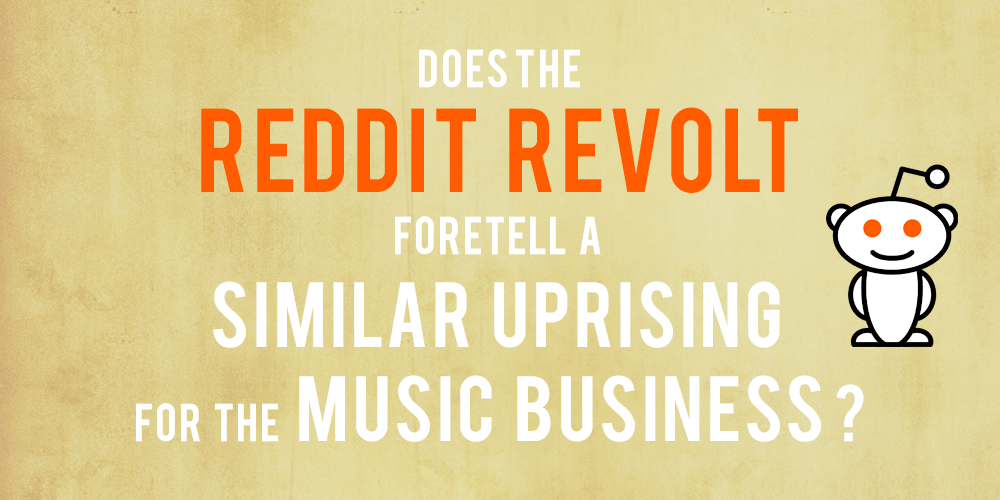
This article was originally published on Forbes.
What if musicians – tired of having their music used to grow subscriber numbers for streaming services – pulled their music from these services? The Reddit revolt may be a harbinger of things to come for the music business.
I’ve watched with fascination the travails that are befalling Reddit. Certainly, the furor over the firing of Victoria Taylor was the most visible initial sign of discontent. And the resignation of Ellen Pao did nothing to quell the frustration of the moderators. However, as the days have gone by, a larger more systemic problem has emerged: The Reddit moderators feel ignored and/or under-appreciated. As Reddit moderators Brian Lynch and Courtnie Swearingen recently wrote in a New York Times Op-Ed:
We feel strongly that [the firing of Ms. Taylor] is more part of a reckless disregard for the company’s own business and for the work the moderators and users put into the site. Dismissing Victoria Taylor was part of a long pattern of insisting the community and the moderators do more with less.
Lynch and Swearingen go on to enumerate the ways their work as moderators brings value to Reddit and is related to its growth in becoming one of the most-visited sites on the Internet.
In sum, it appears that much of the frustration of the Moderators revolves around their contributions not being properly acknowledged, and feeling that their efforts are being cavalierly used to serve the financial imperatives of the owners, they state:
We are concerned with what a move like this means for for-profit companies that depend on the free labor of volunteers…
Without doubt, Reddit has grown via the the moderators time and expertise and from the contribution of users who post content that is viewed by vastly more people who do not contribute.
The participation of these contributing users and moderators is ultimately fodder for Reddit to attract eyeballs.
Increasingly, I’m hearing a similar sentiment from recording artists.
Musicians are beginning to understand that their musical works—their compositions and sound recordings—are fodder for streaming services to attract listeners/subscribers.
We know, of course, that the payments – such that they are—to artists for the use of their music on streaming services is far less than from the sale of downloads (not to mention CDs), and, arguably, these payments are immaterial.
In essence, many artists—whether they want to or not—are freely giving their work to these streaming services, and the streaming services are leveraging the artists’ content to attract and retain subscribers.
But . . . what if the artists stopped doing so?
Neil Young has recently pulled his music from streaming services. Announcing this on Facebook (ironic, in that Facebook too has built its valuation on user-generated content, and, of course . . . Pono) he stated:
Streaming has ended for me. I hope this is ok for my fans. It’s not because of the money, although my share (like all the other artists) was dramatically reduced by bad deals made without my consent.
It’s about sound quality. I don’t need my music to be devalued by the worst quality in the history of broadcasting or any other form of distribution. I don’t feel right allowing this to be sold to my fans. It’s bad for my music.
Taylor Swift too, long before she caused Apple to cry uncle with respect to paying artists during the trial stage, pulled her most recent record from Spotify. She (sort of) explained her reasoning in a Wall Street Journal Op-Ed:
In my opinion, the value of an album is, and will continue to be, based on the amount of heart and soul an artist has bled into a body of work, and the financial value that artists (and their labels) place on their music when it goes out into the marketplace. Piracy, file sharing and streaming have shrunk the numbers of paid album sales drastically, and every artist has handled this blow differently.
Of course, Mr. Young and Ms. Swift are superstars who don’t ask their labels and publishers permission, but rather tell them what they can or can’t do with their music.
Mr. Young and Ms. Swift can also profit from their music via touring, merchandise sales, and—in the case of Ms. Swift—licensing deals.
Newer artists, and artist who have seen their revenue from the sale of recorded music evaporate, and have not been able to offset these losses via touring or licensing are left with something of a Faustian bargain: give up their artistic creations (the very essence of their spirit) in the hopes of gaining some kind of . . . what? Wealth . . . from streaming? No. Being discovered by fans that leads to financial gains via other means (touring, etc.)? Maybe, but where is the evidence of that?
The number of musicians who question what exactly they are getting in return for having their music used to grow a streaming services subscriber base is growing. I recently, for instance, interviewed the Grammy Award winning musician and innovator, Imogen Heap, in which she discusses this topic:
In one sense, my music, old and new is reaching and being enjoyed by more people than ever and of course, this is the most incredible gift – to connect… but that music, in itself, doesn’t generate a fair income and reflect this growth. I’m more popular than ever but I’m earning less cash from the music itself. What’s up with that? If I can’t make that part of it work what hope is there for someone thinking about music making as a career?
Interestingly, the solution may be the same for artists as it is for Reddit moderators: tools. The Reddit Moderators desire better tools to allow them to more efficiently do what they enjoy.
Musicians too would benefit far more from data and other tools that could help them make meaningful connections with fans, than they do from meaningless “payments” from streaming services.
Absent this or some other form of tangible benefit for artists whose music is being used to drive subscriber numbers, some sort of Reddit-like revolt in the music world seems inevitable.
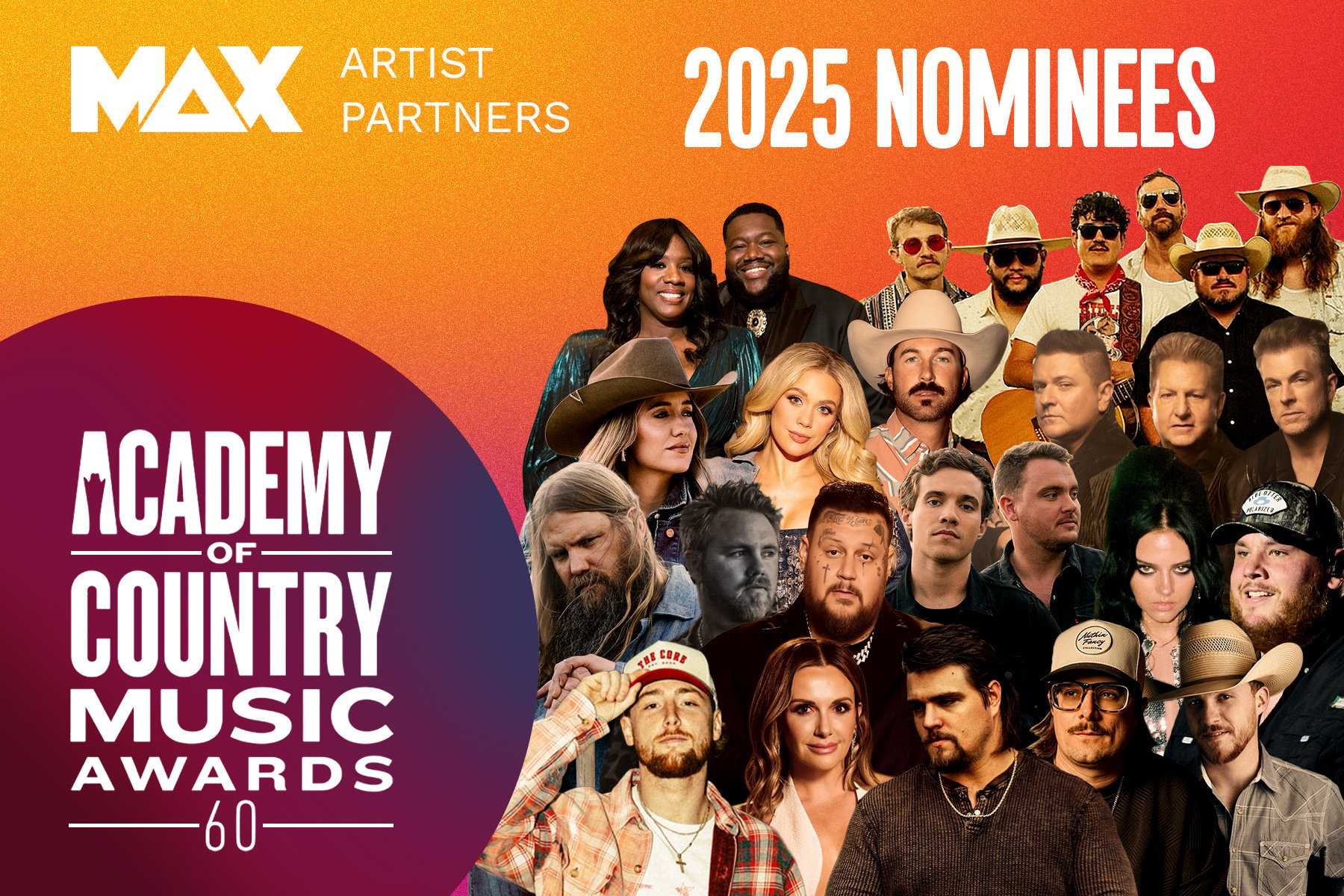
We’re beyond thrilled to celebrate our incredible MAX artist partners who’ve secured nominations for the 2025 Academy of Country Music Awards—our...
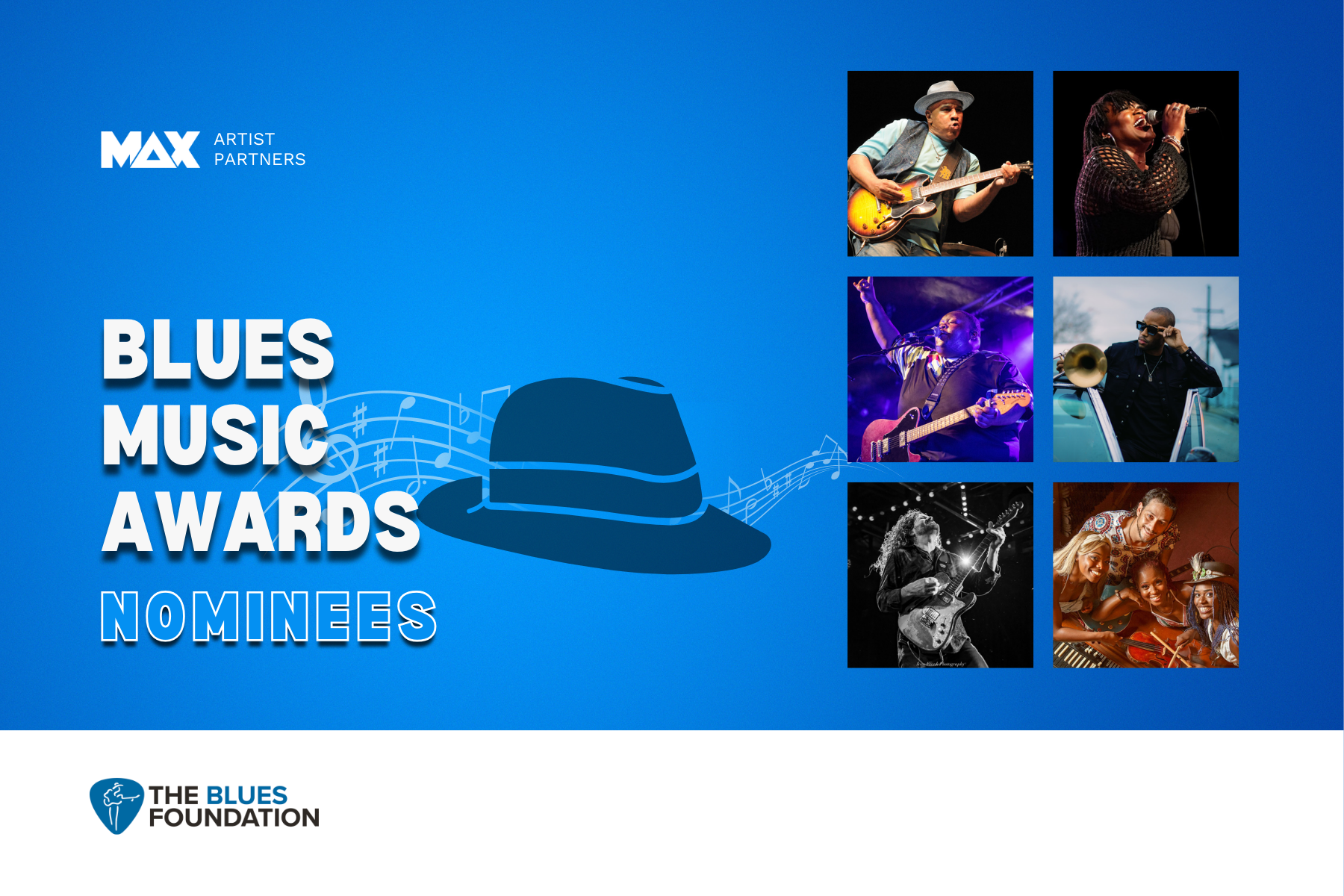
We’re fired up to celebrate our incredible artist partners who are nominated for the 2025 Blues Music Awards! 🎶🏆Blues music may be timeless, but...
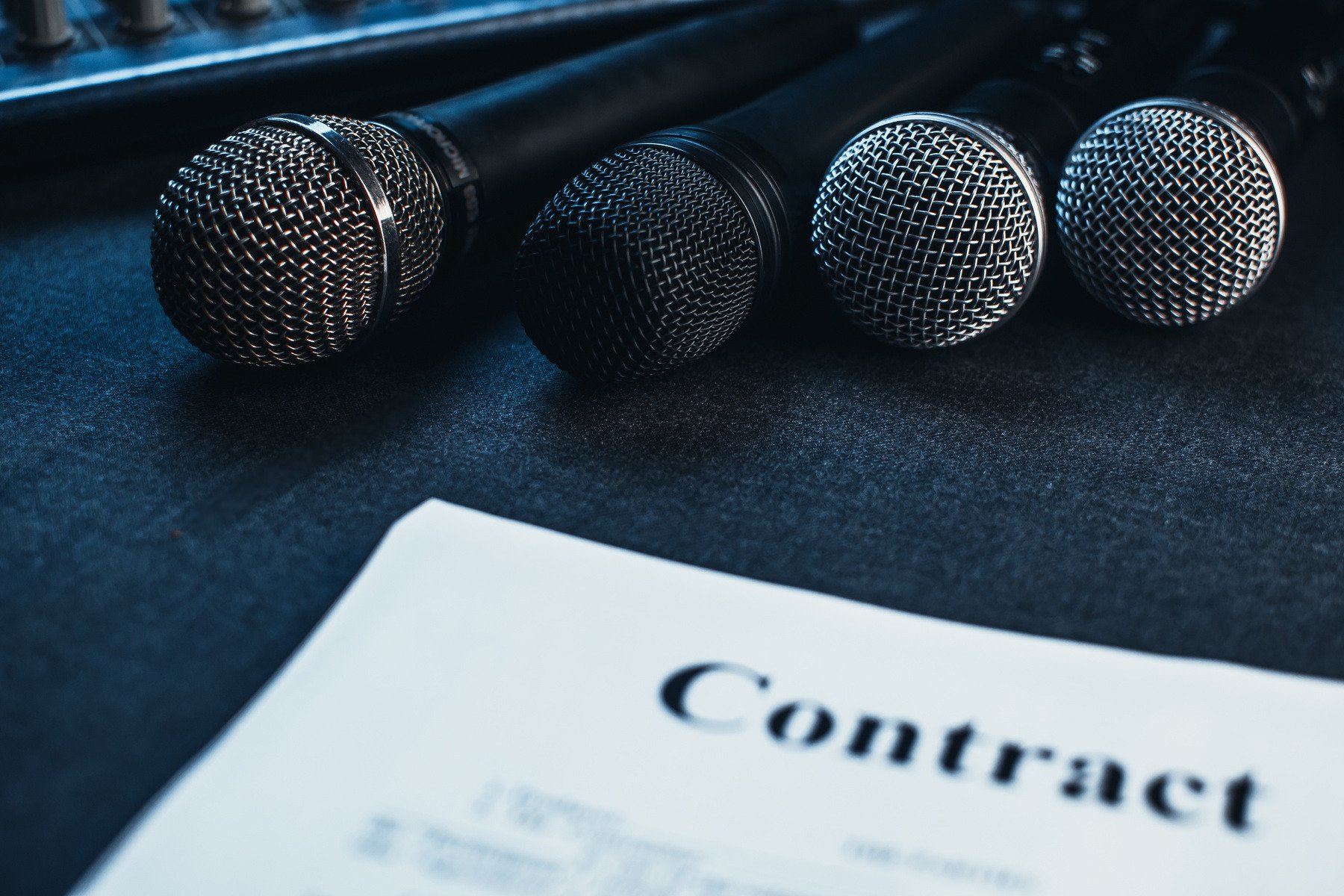
It’s a common question: what drives the cost of an artist partnership up (or down)? I mean, an artist’s fee can range from four to seven figures…and...
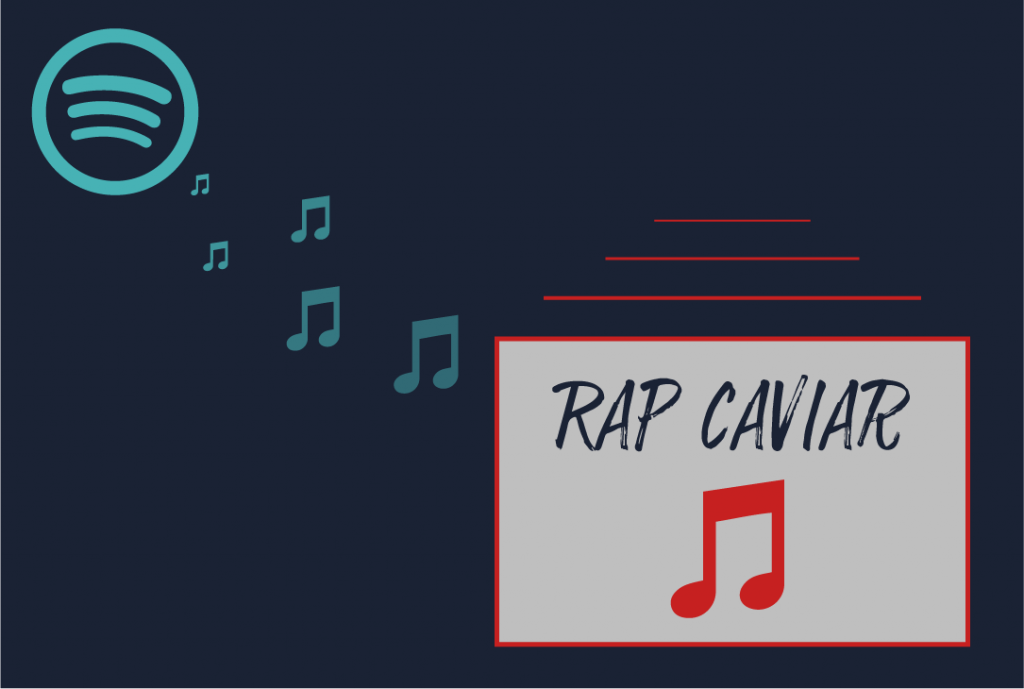
Note: this article was originally published via Music Business Journal. Artists have traditionally commanded attention, serving as the primary...

Previously MAX has outlined ways artists and their managers can prepare for brand partnerships, an evolved version of music advertising that we...
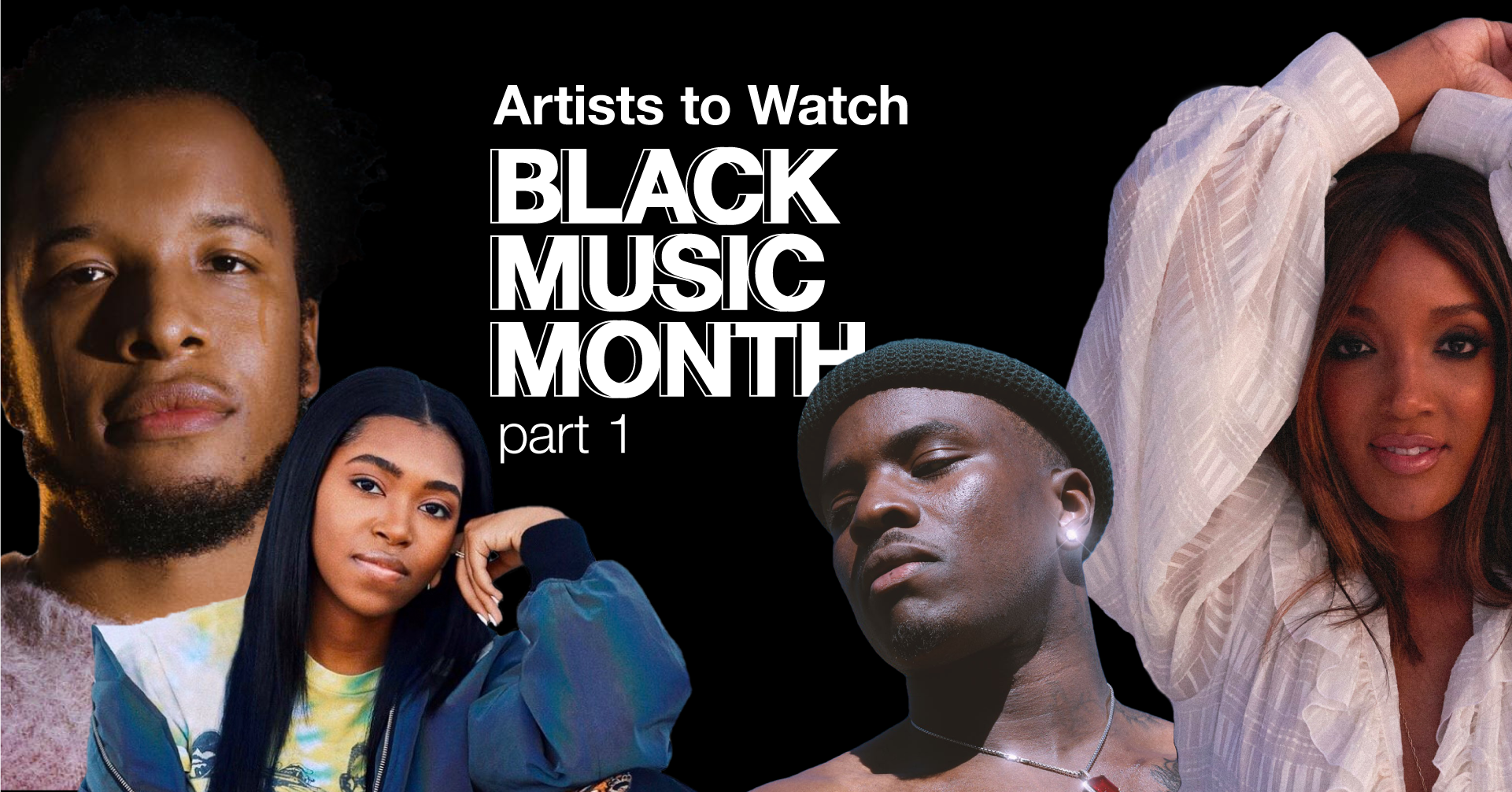
In recognition of Black Music Month, we’re featuring some of our favorite artists throughout the month of June - when you discover your new favorite,...